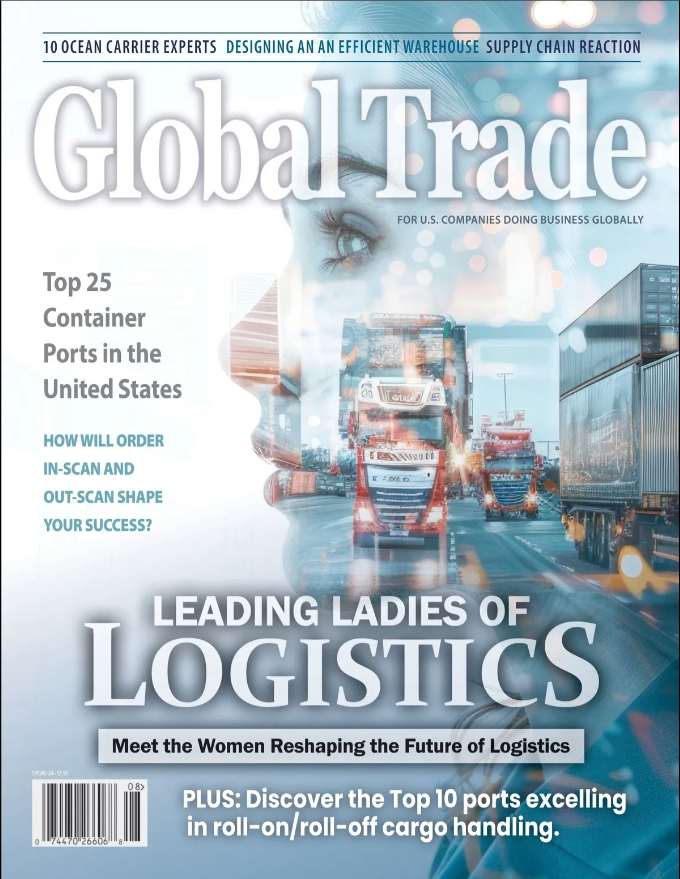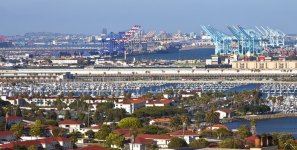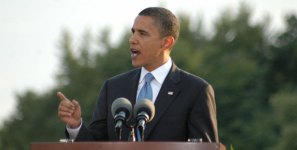It’s easy to take for granted our accessibility to products native to or manufactured in countries on the other side of the world. International trade makes it possible to enjoy a dinner of Kobe beef from Japan, tropical fruits from India and a bottle of wine from France, without having to wait days (or weeks) for all the ingredients to arrive. From the days of the Silk Road between Europe and Asia in the 1200s, international trade has facilitated the exchange of goods and services between nations. As transportation evolved to make doing business internationally more practical, the result has been a global economy where events in one county can impact product supplies, demand and prices in countries thousand of miles away. For consumers, global trade means more business competition, which (despite tariffs and other additional costs that do not apply to domestic trade) typically results in lower prices for the products they want to purchase. It also opens up more markets where countries can sell the goods that are more abundant within their borders. The Cycle of Global Trade Relationships International trade can, over time, change the nature of relationships between two countries. One familiar example is when a poorer nation provides labor and facilities to more developed trading partners, acquiring wealth that can then be channeled into greater domestic productivity. When that happens, it could eventually result in a reversal of roles, where the product importer becomes an exporter. One sees elements of this in the trade relationship between the U.S. and China.

How A Canadian Rail Strike Could Impact Freight Markets
Domestic and cross-border freight markets remain in limbo as the threat of a Canadian rail workers strike looms large over… Read More
Liquidity Squeezes in Greece, China Prompt Private Funding Program
In reaction to the Greek financial crisis and other liquidity events around the globe, Paragon Financial Group of Fort Lauderdale,… Read More
U.S.-Brazil Talks Emphasize Business, Trade
Wide-ranging talks between U.S. President Barack Obama and Brazilian President Dilma Rousseff at the White House last week had business… Read More
Sustainability Now on Global Business Agenda
Marking the 15th anniversary of the launch of the UN Global Compact, the global body’s corporate sustainability initiative, a study… Read More
Turkey May Be Biggest Buyer of U.S. LNG Exports
The complicated pricing of natural gas in global markets, with a myriad of long-term and short-term arrangements, sometimes linking gas… Read More
Ex-Im-Guarantee Helps Small Business Export Forklifts to Brazil
Wiggins Lift Co. Inc., a manufacturer in Oxnard, Calif., is exporting its forklifts to marinas in Brazil with the support… Read More
U.S. Moves to Ease Some Export Controls
The U.S. Departments of State and Commerce proposed earlier this month new rules to transfer certain items from more restrictive… Read More
U.S. Exporters Laud Passage of Trade Promotion Authority
U.S. agricultural and equipment exporters applauded the passage of the Trade Promotion Authority (TPA) bill in the U.S. Congress. The… Read More
Qatar Buys Four of the Last Five Boeing Globemaster III Transport Planes
If you’ve got a spare $225 million in your pocket, you might be interested in buying a Boeing C-17 Globemaster… Read More
U.S.-Cuba Embassy Openings Won’t Change Trade Embargo
The U.S. and Cuba announced today the reopening of embassies in Washington and Havana for the first time in more… Read More
Los Angeles and Long Beach Ports Cooperate on Supply Chain
The ports of Los Angeles and Long Beach have established a series of joint working groups desgined to optimize facilities… Read More
Obama Signs Two Global Trade Bills
President Barack Obama signed two pieces of legislation addressing issues of international trade at a White House signing ceremony yesterday…. Read More
« Previous 1 … 279 280 281 282 Next »













